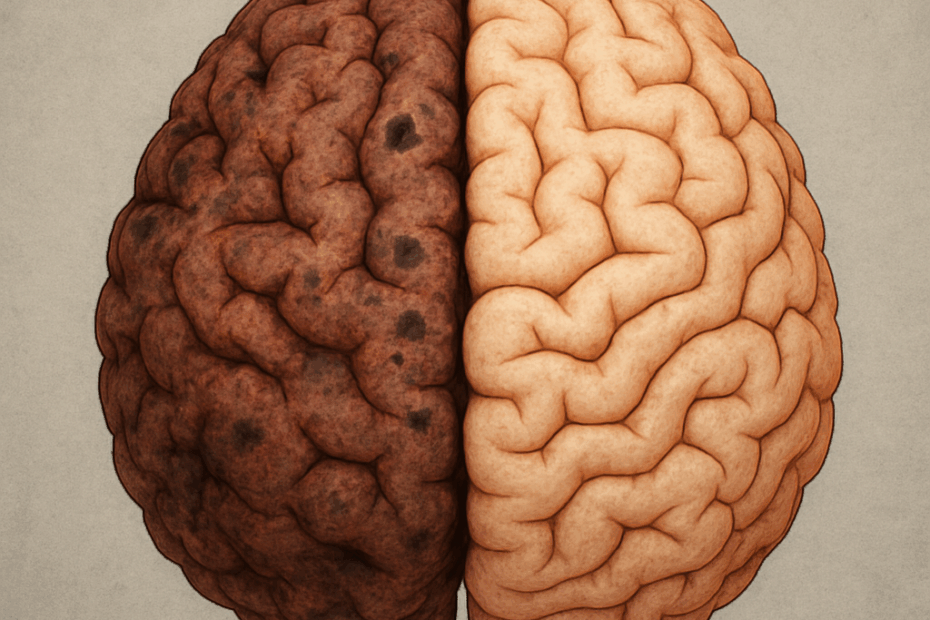Artificial intelligence is now helping scientists unravel one of medicine’s most stubborn mysteries: Alzheimer’s disease.
Researchers at UC San Diego have used machine learning to discover a previously unknown driver of the disease—dysregulation in lipid metabolism. This insight emerged from analyzing massive gene expression datasets using AI models that look for hidden patterns in biological complexity. Their findings spotlight a key molecule, PLIN4, that could be targeted by new therapies.
The real breakthrough? AI didn’t just confirm what scientists suspected—it revealed something they didn’t know to look for. Traditional research methods might have missed the role of PLIN4, but machine learning models connected the dots across vast, noisy data sources. These kinds of tools are transforming how biomedical discoveries happen, reducing years of manual work to weeks or days.
What’s more, the team identified a potential therapeutic candidate that reverses PLIN4-related damage in human neurons grown in the lab. While it’s early days, this could eventually lead to a new treatment pathway for Alzheimer’s.
Why This Matters for AI and Innovation
This research underscores how AI isn’t just a productivity tool—it’s a discovery engine. It shows how machine learning can sift through oceans of biological data to uncover new causes and treatments for complex diseases. As AI capabilities continue to scale, this type of work could reshape everything from pharma R&D to personalized medicine.
At Veritopa, we’re watching breakthroughs like this closely as we explore how AI can bring similar transformations to other sectors—healthcare, education, hospitality, and beyond.
